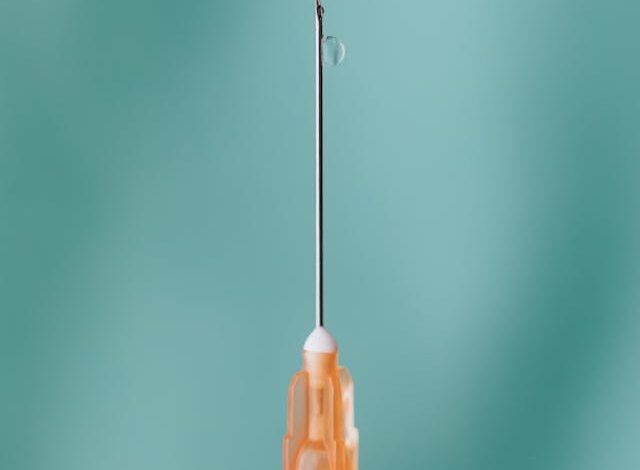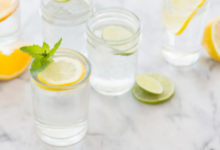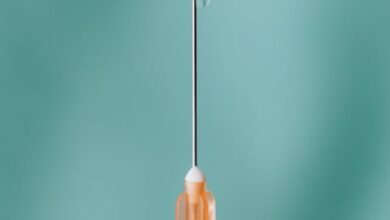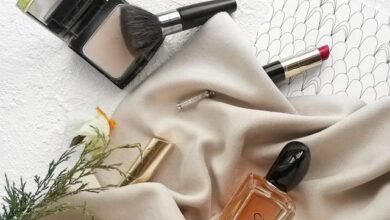Can Medical Injection Molding Machines Produce Syringe Needles?

Medical injection molding machines are specialized devices used in the production of various medical devices and components. These machines employ the injection molding process, which is widely recognized for its efficiency, precision, and versatility in manufacturing complex parts.
What are Syringe Needles?
Syringe needles are crucial components of medical equipment used for administering medications, drawing blood, and delivering fluids to patients. These needles require a high level of precision and quality to ensure safe and effective medical procedures.
The Importance of Precision in Syringe Needle Production
Precision is paramount in the production of syringe needles to meet strict medical standards and ensure patient safety. Even minor deviations in needle dimensions or surface quality can compromise the functionality and safety of the device.
Can Medical Injection Molding Machines Produce Syringe Needles?
Understanding Medical Injection Molding
Medical Plastic Injection Molding involves the injection of molten material, typically plastic or metal, into a mold cavity to produce precise and intricate components. This process offers numerous advantages, including high production rates, repeatability, and cost-effectiveness.
Challenges in Producing Syringe Needles
Producing syringe needles through injection molding presents unique challenges due to the needle’s small size, thin walls, and tight tolerances. Ensuring uniform wall thickness, sharp tips, and smooth surfaces without defects requires advanced machinery and expertise.
Overcoming Challenges with Advanced Technology
Modern medical injection molding machines are equipped with advanced features such as high-speed injection, precise control systems, and automated quality inspection to address the challenges associated with syringe needle production. These machines can achieve the tight tolerances and surface finish required for medical-grade needles.
Key Features of Medical Injection Molding Machines
Medical injection molding machines feature specialized components such as hot runners, multi-cavity molds, and micro-injection units tailored to the unique requirements of medical device manufacturing. These machines adhere to stringent regulatory standards and undergo rigorous validation processes to ensure compliance with medical industry regulations.
Quality Control in Syringe Needle Production
Quality control is integral to the production of syringe needles to detect and eliminate defects that could compromise patient safety. Medical Plastic Injection Molding machines incorporate in-line inspection systems, automated sorting, and statistical process control to maintain consistent quality throughout the manufacturing process.
Advantages of Using Medical Injection Molding Machines
Medical injection molding machines offer several advantages over traditional manufacturing methods for syringe needles, including:
- Precise control over dimensions and tolerances
- High production efficiency and scalability
- Cost-effectiveness for mass production
- Compatibility with a wide range of materials
Limitations and Considerations
Despite their benefits, medical injection molding machines have limitations and considerations that manufacturers must address, including:
- Material selection for biocompatibility and sterilization compatibility
- Tooling and mold design for intricate geometries
- Regulatory compliance and validation requirements
Future Trends in Medical Injection Molding
The future of medical injection molding is characterized by ongoing advancements in technology, materials, and process optimization. Emerging trends include:
- Integration of additive manufacturing for tooling and prototyping
- Development of bioresorbable materials for implantable devices
- Implementation of artificial intelligence for process optimization and predictive maintenance
Conclusion
Medical injection molding machines play a crucial role in the production of syringe needles and other medical devices, offering precision, efficiency, and quality control essential for ensuring patient safety. With ongoing technological advancements and adherence to regulatory standards, these machines continue to drive innovation in the medical manufacturing industry.
FAQs
1. Are syringe needles made using injection molding safe for medical use?
Yes, syringe needles produced using injection molding undergo rigorous quality control measures to ensure they meet medical industry standards for safety and performance.
2. How does injection molding ensure the precision of syringe needles?
Injection molding allows for the creation of highly detailed molds with tight tolerances, ensuring consistent and precise replication of syringe needle components.
3. What materials are commonly used in medical injection molding?
Common materials used in medical injection molding include various thermoplastics such as ABS, polycarbonate, and polypropylene, as well as medical-grade metals like stainless steel and titanium.
4. Can medical injection molding machines produce other medical devices?
Yes, medical injection molding machines are versatile and can produce a wide range of medical devices and components beyond syringe needles, including catheters, IV sets, and surgical instruments.







